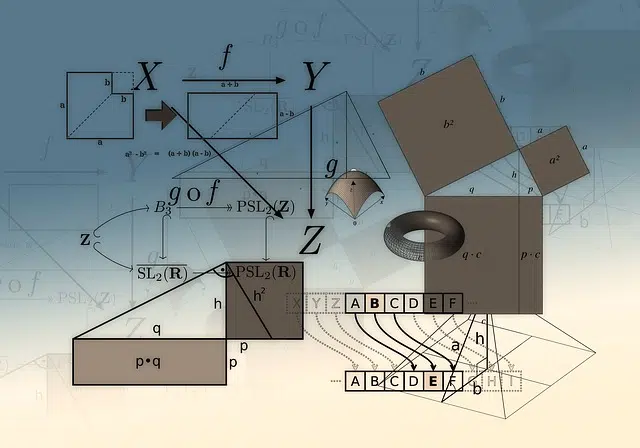
A scientific theory is formed with concepts and abstractions.
The idea of theory can refer to knowledge that has not yet been demonstrated; to a hypothesis whose result is applicable to a science; or a set of laws that allow establishing relationships between different phenomena or events. Scientific , for its part, is that linked to a science : the discipline formed by systematized knowledge that is obtained through reasoning and observation.
A scientific theory , in this way, is formed by abstractions and concepts that, respecting certain rules , allow expressing the existing links between those observations that were made of the concepts in question.
Development of a scientific theory
From the empirical data obtained through observations, the expert builds a scientific theory that fits what was observed. Once the theory is built, it can be proposed as a principle that explains different phenomena.
The process of building a scientific theory usually begins with a hypothesis : a scientist, based on his knowledge, believes that a certain phenomenon happens in a certain way and, therefore, sets out to make observations governed by the scientific method to verify whether its hypothesis is valid or wrong. The systematization of the observations and empirical data collected can finally lead to a scientific theory that explains the phenomenon analyzed.
This shows that a scientific theory is equivalent to knowledge that was tested in various ways. In this way it is different from the idea of theory that is usually used in everyday language, where the concept is linked to an assumption or something improbable.

A scientific theory is built from empirical data obtained through observations.
Characteristics according to Karl Popper
The philosopher Karl Popper, born in Austria in 1902, made an important contribution to the field of scientific theory, whose characteristics he defined in an accessible and concise way, as can be seen below:
* If we want to obtain verifications or confirmations of a theory, it is highly probable that we will achieve it, so this should not be our only objective nor one of the pillars on which to base ourselves to justify an investigation. Teamwork is one of the best resources to test a theory;
* The confirmations that must be taken into account are those that arise from risky predictions , that exceed the limits of the theory itself, and that at first glance seem so incompatible with it and unlikely that they seem ideal to refute it;
* A scientific theory is "good" if it does not allow certain things to happen. The more you ban, the better it becomes. To understand this point we can think about the identity of a living being, since to determine it we have billions of individuals of the same species that are not it , and this is comparable to a large number of prohibitions to highlight veracity or confirmation. of what a theory does demonstrate ;
* every scientific theory must be refuted by some conceivable event. Otherwise, we are faced with a theory foreign to science. Furthermore, although many think that the impossibility of refuting a theory is one of its virtues, it is nothing more than one of its vices;
* to experiment on a theory in a genuine way is to try to demonstrate its falsity, to refute it. In this case, it must also be taken into account that some theories are more likely to appear false in the face of experimentation, and this makes the work of scientists more risky;
* Likewise, evidence confirming a theory is not enough unless it is the result of genuine experience;
* There is the possibility of reinterpreting a theory or resorting to an auxiliary premise to defend it after it has been proven false by means of an appropriate experiment. However, this can reduce or completely nullify the scientific nature of said theory.
